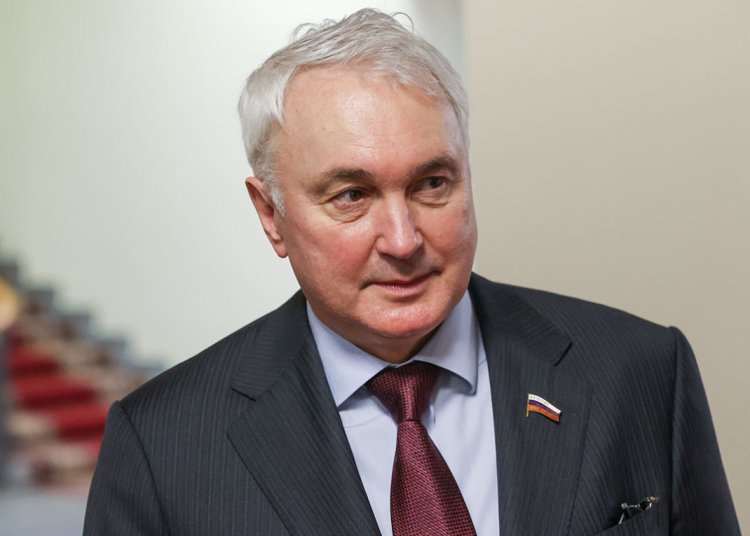The Chairman of the Defense Committee of the Russian State Duma has said that the recent Iranian strikes on Israel could be interpreted as a test of Israel’s air defense systems. He said the testing might simplify the planning process for Iran’s future operations, and enhance their effectiveness.
By Edvard Chesnokov
Andrey Kartapolov, who currently presides over the Defense Committee of the State Duma, has a notable background, including his role as the Chief of the Russian military corps in Syria from 2016 to 2017. The 60-year-old Russian defense official provided exclusive insights to Iran Nuances, discussing the evolving dynamics in the Middle East and the military collaboration between Moscow and Tehran. The details of the interview are as follows:
Q: How do you assess the recent developments in the Middle East, particularly the airstrikes conducted by Iran against Israel on April 13-14, 2024, in response to Israel’s missile attack on Iranian consulate in Damascus on April 1?
A: We must understand that the situation is unfolding under a pessimistic scenario. Israeli authorities are aware that crossing certain thresholds could lead to grave repercussions. The Iranian airstrikes on Israel can be interpreted with a high degree of certainty as testing the capabilities of Israel’s air defense and missile interception systems. Consequently, Iranian officials now practically have a comprehensive understanding and information of the structure, operation, and capabilities of these systems. This knowledge might significantly simplify Iran’s planning for future strikes, and that they might be much more effective. Israel, on the other hand, does not have so many options left. Resorting to nuclear threats could categorize Israel among the infamous ‘rogue states.’ Despite the wishful thinking by the US and its clients, the reality in the Gaza Strip constitutes an actual genocide, shockingly committed by a state created by those who themselves suffered more than anybody under Nazi Germany’s genocide in the 1930s and 1940s.
Q: Some Western observers insist that the Russian-Iranian partnership is directed against a third party. Do you concur with this viewpoint?
A: The technical and military partnership between Russia and Iran is solely focused on bolstering the defensive capabilities of both countries. We are close partners today, and our former Western partners can say what they want to. We also can state that all their military preparations are designed against third parties, meaning us. They have the right to think the way they wish, and we will do what we need.
Q: As a Russian MP, how do you perceive the effectiveness of your interactions with Iranian parliamentary colleagues during joint inter-parliamentary meetings in Moscow and Tehran?
A: I believe that developing our inter-parliamentary connections is of paramount importance. While official channels like the Russian-Iranian intergovernmental commission overseeing military cooperation are in place, the strengthening of parliamentary bonds offers a unique avenue to deepen and enrich our bilateral relations.
Q: What are your thoughts on the Russian-Iranian cooperation in space?
A: Well, why not. Iran has moved far in advancing its rocket technology. Should the Islamic Republic of Iran express interest in exploring avenues of space cooperation, such as sending an Iranian astronaut into space aboard a Russian spacecraft or some other space cooperation, it would be obvious what the decision would be.






